|
We strongly believe and all our participants agree with us that game-based learning is one of the best ways to learn. At the same time it is a really fun way of teaching! The week from 6th to 12th of February we welcomed in Bologna our participants Manuel and Juan from IES El Doctoral, Stephen from Inicijativa za engleski jezik i kulturu, Gruia and Alexandra from Special School no.3, Cristina and Andreea from Scoala Gimnaziala Speciala SF.NICOLAE, Edyta, Paulina, Aneta and Gabriela from Publiczna Szkoła Podstawowa w Krzeszowie Górnym. Their training week was constructed like a game, following a sequence of levels from the very beginning. We started solving riddles and discovering the secrets of Bologna during the Sunday walking tour and we continued engaging in challenges and adventures throughout our “weekly game”.
During the first level we discussed the pedagogical value of playing and how games stimulate learning. We reflected and acknowledged that teachers are most of the time “digital immigrants” in an educational cosmos that is nowadays populated by digital natives only. Through a challenge on the differences between gamification and game-based learning, our “players” could better clarify that gamification applies game elements into a non-game environment while game-based learning is a teaching approach whereby learning happens through playing the game itself. As the main outcome of the second level, “players” defined the most common gamification framework as the process through which 8 major internal and external motivators influence human engagement. During one of the practical activities, players engaged in a role-play where they acted like the most common types of video games players, reaching a hands-on understanding of game-driven motivation. The third level was dedicated to game-based tools and apps. We listed and actively explored several traditional games and we reframed them all together into more engaging learning tools. After all the challenges and battles, “players” had an opportunity to create their own tools both offline and online.
Having overcome all the levels of our game, participants had the opportunity to learn new ways of making the most of the most traditional games to transform the learning process. They also got acquainted with modern online tools able to produce a significant improvement of students’ engagement and bring a spark in the classroom! Discover more about the course on Gamification and Game-based Leraning on our website!
The school system, teachers and educators have a huge role to play in equipping students with the skills and competences they need to face their future life and career. Promoting critical thinking and problem-solving in the class was the main expectation with which our group of participants came to the course from 30th January to 5th February - Katharina from BG Rein, Isabel from Heilig-Hartinstituut Lyceum, Irena and Emilija from "Josip Broz Tito" High School, Mirela from OŠ Vladimira Nazora Pazin, Miriam and Katarína form Gymnazium Jana Papanka, Maria Irene form Agrupamento de Escolas General Serpa Pinto, Andrés from IES Arcipreste de Canales. The most important learning objective for the week was preparing to foster 21st century skills in students, encouraging students to think outside of the box and strengthen their critical thinking skills.
Talking about key competences for living in the 21st century, participants touched on the topic of learning and innovation skills, digital skills and also career and life skills, focusing their attention on the 4Cs: critical thinking, creativity, communication and collaboration. Most importantly, we learned through hands-on practice how differently our brain and thinking skills function when there’s a problem to solve.
Moving to visual strategies, participants experienced new activities which could be used to stimulate students' creative expression and could be a basis for brainstorming or discussing their ideas. We challenged an “only-art” perception of what “visual thinking” encompasses, by proposing an innovative and digital perspective. As an outcome, our participant Isabel created this visual map of all the participants’ sending organizations.
A reflection on the importance of training students’ critical thinking skills was needed in a world where most of the time they are passively exposed to loads of (dis)information. Participants engaged in reasoning, questioning and debating activities that could be adapted to different classroom situations to help students become active and aware agents of their own learning.
But to introduce a good dose of creativity and critical thinking in the classroom, not only we shall struggle to find new solutions, as innovation often comes from reframing traditional tools. Our participants enjoyed playing traditional games, like Taboo and Battleship, and had an opportunity to adapt them to their own subjects while building a stronger learning perspective on them.
Finishing the course, everyone had a chance to create a personalized display of their training and cultural journey in Bologna and, from a fashion show to a snowball battle, we said goodbye to a week full of laughter, creativity and new experiences!
“Outdoor education – post-pandemic answer for the challenges of online teaching and learning”2/19/2022 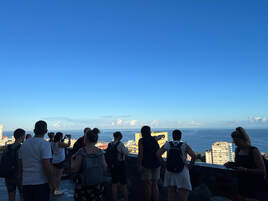 During the pandemic time we, as a teachers and educators as well as our learners had discovered positive aspects of online educations but also a great need of an outdoor teaching and learning. Outdoor education helps us and our students to gain an appreciation for the natural world and thanks to it keep an inner harmony. What is more we become in tune with our surroundings and can bring theoretical knowledge obtained in the classroom into real life through application it the natural environment, on school sites, in local parks as well as in urban settings. Integrating outdoor with indoor learning has a great potential and importance in the process of development and is one of emerging trends in education in Europe. The new edition of the course “Outdoor Education courses: a new way of teaching and learning” took place in Tenerife from 13/02/2022 to 19/02/2022. The participants came from the Katholiek Onderwijs Vlaanderenall in Belgium with Bonte Arnout, De Rijck Paula, De Rijck Kimberly, Joris Thibo, Lambrechts Liesbeth Pierre J, Lanzo Tiziana, Lenssen Ezra, Van Daele Ingrid, Yzermans Myriam, Dedeurwaerder Johan Willem, Devolder Annelies, Koroknai Ann, Malfait Fabienne, Samoy Evie, Van Boxstael Els Christiaan, Wallyn Annelore. On the first day, participants had the chance to discuss their fears, contributions and expectations from the course, although some of them came without fears! They also learnt about some physical and a cognitive benefits of Outdoor Education. 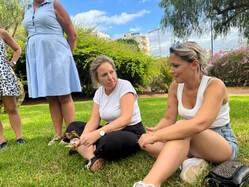 Thereafter, we went to a local park, where the teachers could experience adventure education in the nature. This morning was mainly dedicated to games played in groups that promoted inclusion and cooperation. Participants were able to put in practice the theoretical approach through the activities in order to use them with their students in the educational process. During the next part of the course we talked about the 10 principles of Kurt Hahn and his approach to experiential learning and outdoor education. Participants were asked to find all these information during a treasure hunt around the training facilities. It was a great example of learning through non formal education without going too far from the classroom. The next key step of the course was the topic of outdoor learning in urban settings. Teachers used a digital tool to complete some missions and challenges in the center of Bologna. Moreover, they learnt how to design, plan and deliver inspirational outdoor activities. We could share our own experiences and reflections about the topic. 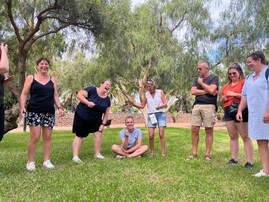 During the whole week, we embrace collaboratively working methods that foster mutual learning and cooperation. About half of the training course took place in the nature giving the possibility to the participants to have a first-hand experience of outdoor learning and to practice together with fellow teachers and education staff and with the support of the trainers. Last but not least, we could rediscover the power of outdoor learning and teaching after the COVID-19 pandemic. Thanks to the course we could get to know more useful tools and appreciate being in nature as a crucial element of humankind development. After a difficult experience of the lockdown in previous years it was an outstanding refreshment of the educational methods and mission. Discover more about this course in: https://www.erasmustrainingcourses.com/outdoor-education.html
From 13th to 19th of Februray we had the pleasure of hosting participants from CEPER Almazara, Ipep Huelva, María Auxiliadora Salesianas Zaragoza and School No.7 Botoșani. The topic of the week was “Innovative teaching methods for education” and the group was enthusiast to begin on the first day. As usual, the morning starts with some activities to break the ice and getting to know each other: our courses are first of all meant for networking with other cultures!
The second topic explored was Project Based Learning. Through some practical activities, the participants discovered the core of the approach called “Project Based Learning”, a structured teaching practice characterized by 5 key elements guiding the learning process: real world connection, core to learning, student centered, structured collaboration and multifaceted assessment. Through the analysis of videos targeted to their students’ age, they also had the opportunity to get a better understanding of the approach, catching suggestions and tips in the field of PBL. And then it was time to discover another wonderful topic: outdoor education. If you were wondering how to bring the class outside and the outdoor inside, you may have wanted to join this class. We started with a small brainstorming: “how to define outdoor education?” This was a nice opportunity for different countries to share ideas, opinions and best practices. Of course there is no right answer, but we tried anyway to give an idea of this new trend by having a look at some theories. And that is not all. We all know that teaching in the open air has its own benefits: both for our physical and mental health. We discovered them together and discussed about it.
More info on this course at: https://www.erasmustrainingcourses.com/innovative-teaching-methods.html
Being aware of others’ feelings and needs isn’t always as simple as we can think. In particular, if you are a teacher it can be very challenging to understand all students’ needs and to help them in the best way. Held from 6th to 12th of February, the course “Emotional intelligence and coaching skills” was conceived to train teachers on this matter: through various dynamic activities, they could develop their emotional intelligence (EI) and their coaching skills, gaining more understanding of their students in challenging situations and learning how to better support them in the decision-making process. A fundamental step is to fully understand the tricky differences between these two figures: the coach and the teacher. A teacher is someone who transfers knowledge to grow students’ skills and abilities; on the other hand, a coach is someone who supports a coachee’s development by listening and posing the right questions. Another main topic of this course is to deeper understand empathy, which is strictly linked to Emotional Intelligence. In fact, teachers were supposed to learn that every student is unique and has their own potential and that, in some cases, they can’t unleash it due to tough situations they come through. Not to forget that keeping improving oneself’s EI it’s crucial not only as a teacher but also as a person. Concerning this point, teachers learned the key role of the questions in the coaching process. They had an exploration journey where they experienced how the different styles of question-posing can make a difference in the student’s response to an issue. So, teachers should guide their students in finding the solution more suited to the context, always keeping in mind that specific individual’s needs and potentials. The bottom line is to help students discover their own resources, not suggesting them but rather putting the focus on guiding them to find the solution. 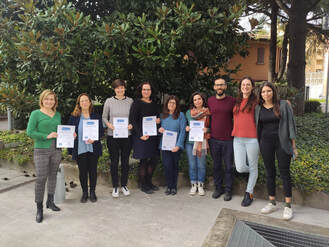 At the end of this week full of dynamic learning (and city trips!), the teachers are proudly showing their certificates! Thanks to them for having contributed to enrichen this course! More info about this course at Emotional intelligence and coaching skills course for teachers (erasmustrainingcourses.com). 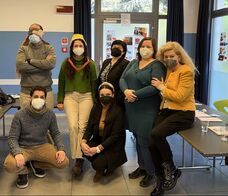 A new year has started at Erasmus Learning Academy and we are back with our adventures :) The 30th of January a new group arrived in Bologna to start a new course about bullying behaviours. Their aim was to learn about effective ways to prevent all forms of bullying in education and school settings. We started with our introduction day where we brainstormed all the different kind of bullying behaviours: which forms does it takes? Who are the participants of a bullying scenario? Which are the three main elements which distinguish bullying from conflict? We moved on to talk about the victim: which are the risk factors that lead children to be bullied? And what can we do to prevent this situation? What are the initiatives that can be carried out to prevent bullying behaviours? We looked at these topics by 4 different points of view: family, school, individual and community. One of the main and most difficult types of bullying to be eradicated is cyber bullying. Nowadays Internet has a major role in the lives of our kids and may have a negative impact on them. However, it also has some positive sides. With some practical activities we explored the world of cyber bullying and we also discussed about the differences between traditional and cyber bullying and about the things that they have in common. To understand and put ourselves in the shoes of bullying victims we implemented a very powerful activity which can be used both with students, parents and teachers to raise awareness. In order to prevent bullying behaviours it is vital to foster a positive classroom environment. This is why we explored the topics of emotional intelligence, membership and inclusion and collaboration. These are pillars for a supportive classroom and should not be underestimated. Of course we discussed about this with a lot of non formal and creative activities and games, thanks to which it was impossible to get bored ;)
We want to conclude with a review left by one of our participants: “This course has been an opportunity to learn and find out new points of view. Sharing our work and knowing other people is the best way to improve our skills as teachers” |
Welcome to the ELA Blog. Here you will find articles and photos of our courses and have a look at the topics addressed during the week in Bologna, Palermo and Tenerife. You will also have the chance to take a peek at our projects and check out what we have been up to.
Archives
July 2024
Categories |
-
Course catalogue
- 2023-2024 course catalogue
- Soft Skills >
- ICT and New Technologies >
- Inclusion and Diversity >
-
Innovative Teaching Methods
>
- Innovative teaching methods discovery
- Non-formal education teaching methods
- Dual education and work-based learning
- Teaching leadership and entrepreneurship
- Project based learning
- Game based learning and gamification
- Green skills
- Outdoor education
- Outdoor education trekking edition
- Promoting creativity and critical thinking
- Languages and EU projects >
- Preschool >
- Erasmus Plus KA1
- What we do
- About us
- Locations
- Blog
- Contact us
 English
English български
български Čeština
Čeština Español
Español Français
Français ελληνικά
ελληνικά Italiano
Italiano Polski
Polski Português
Português Română
Română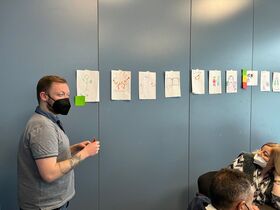
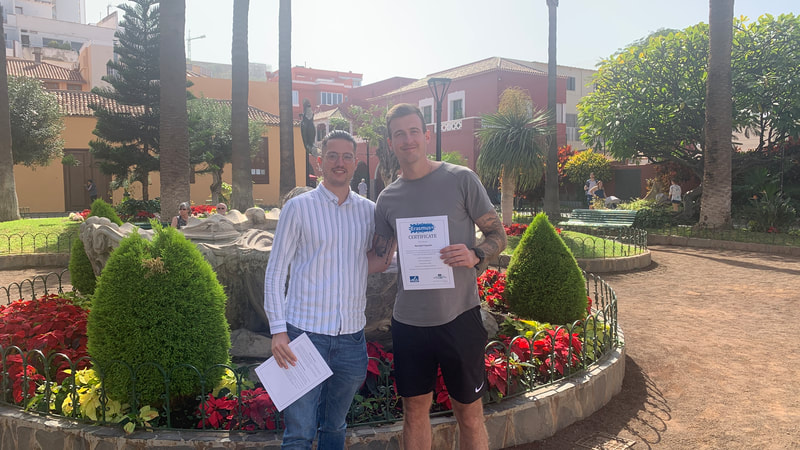
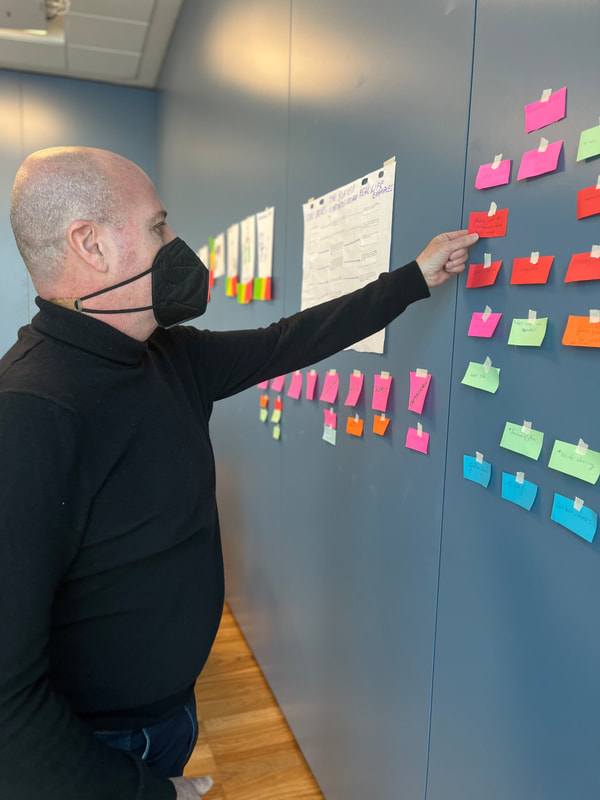
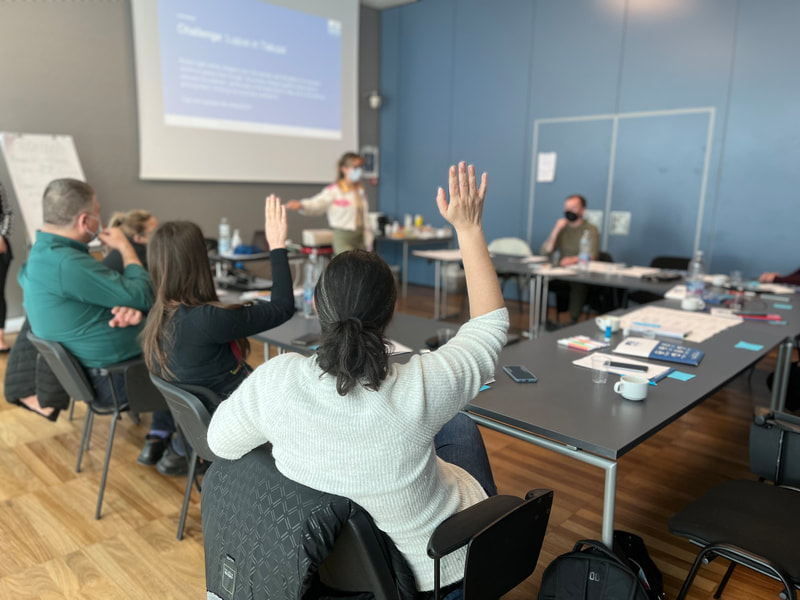
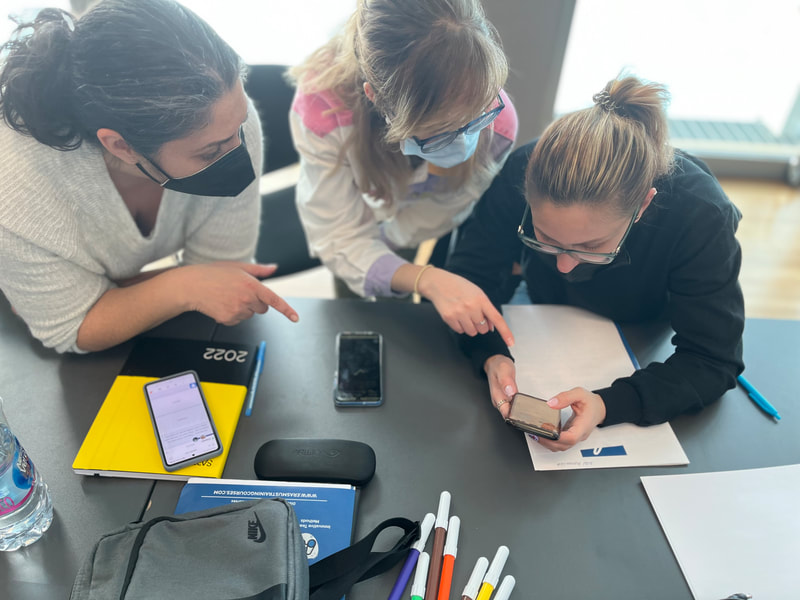
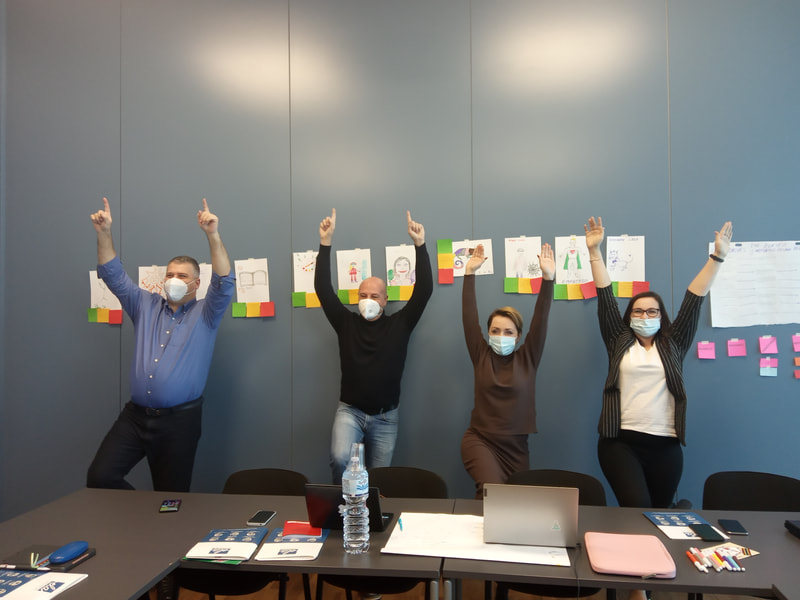
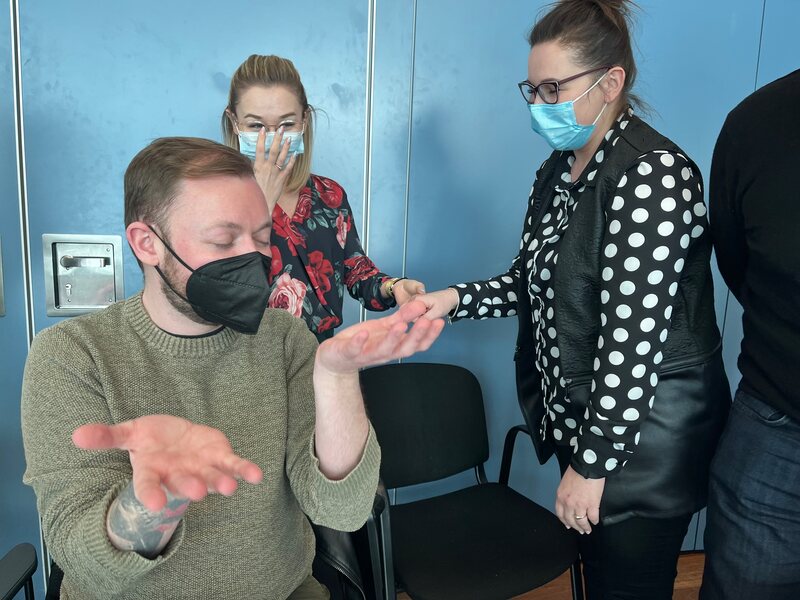
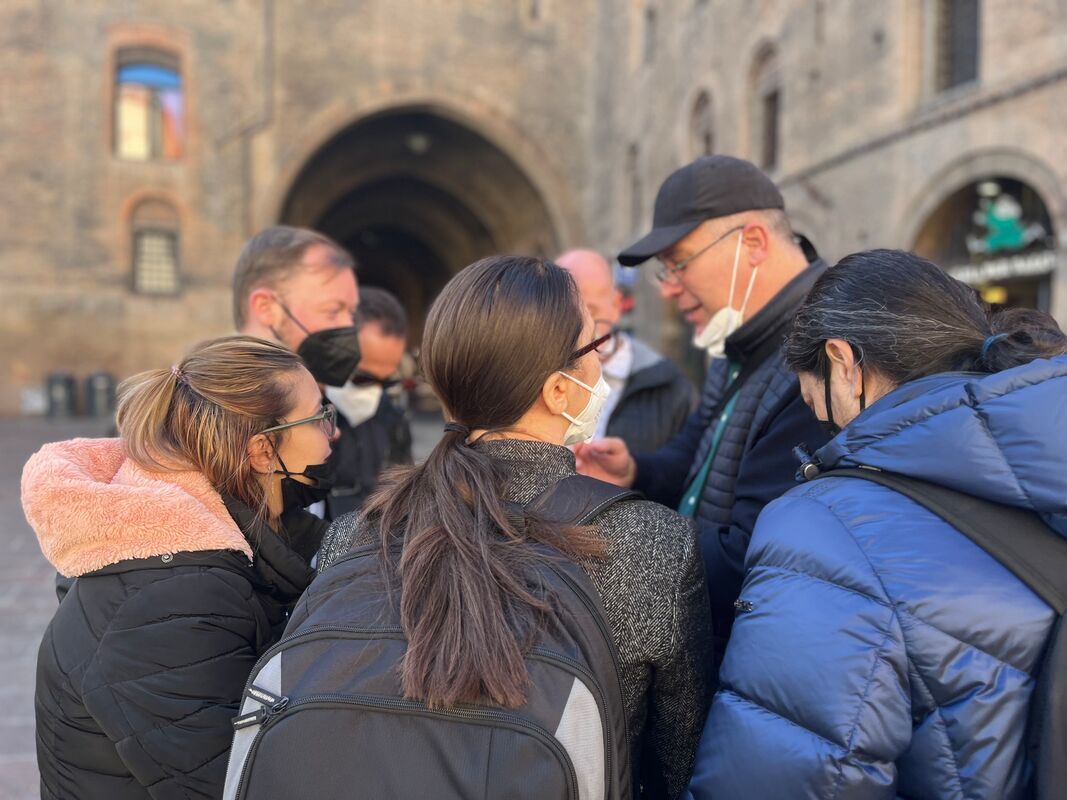
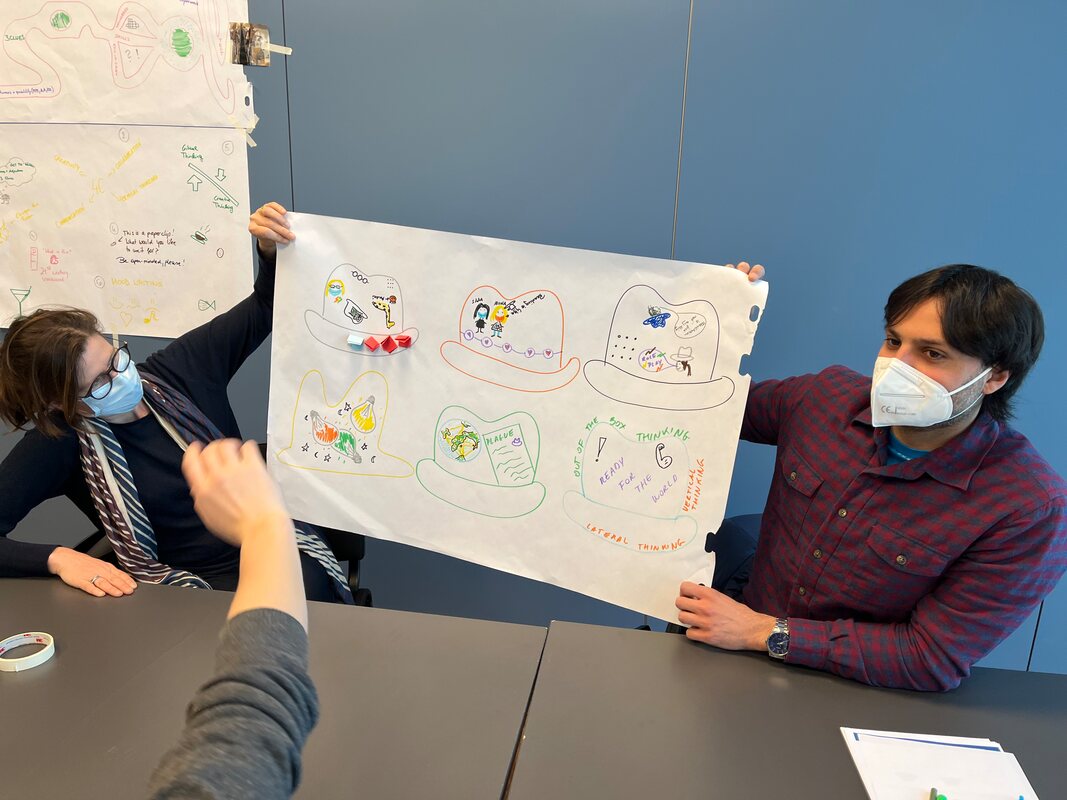
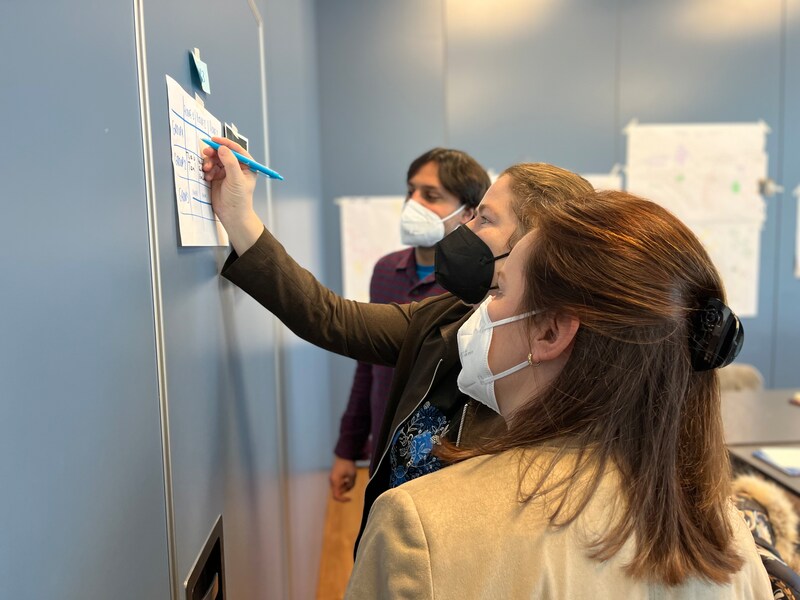
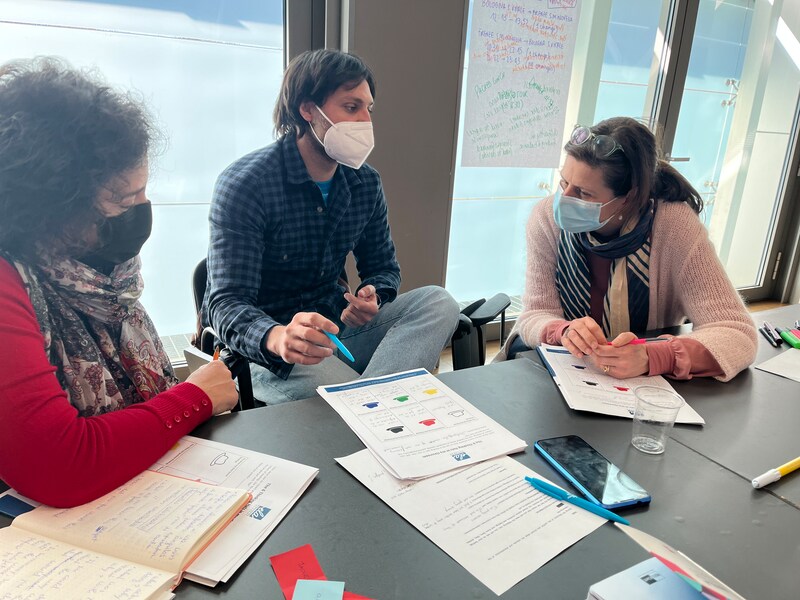
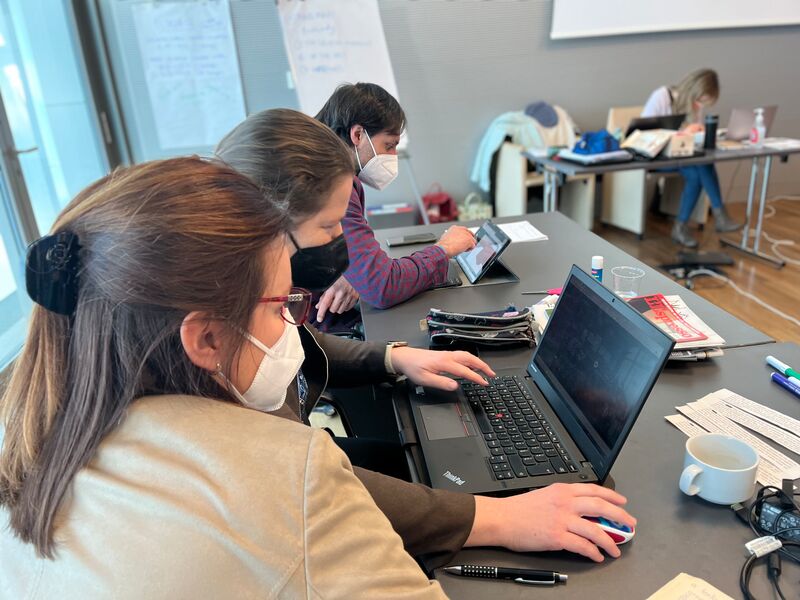
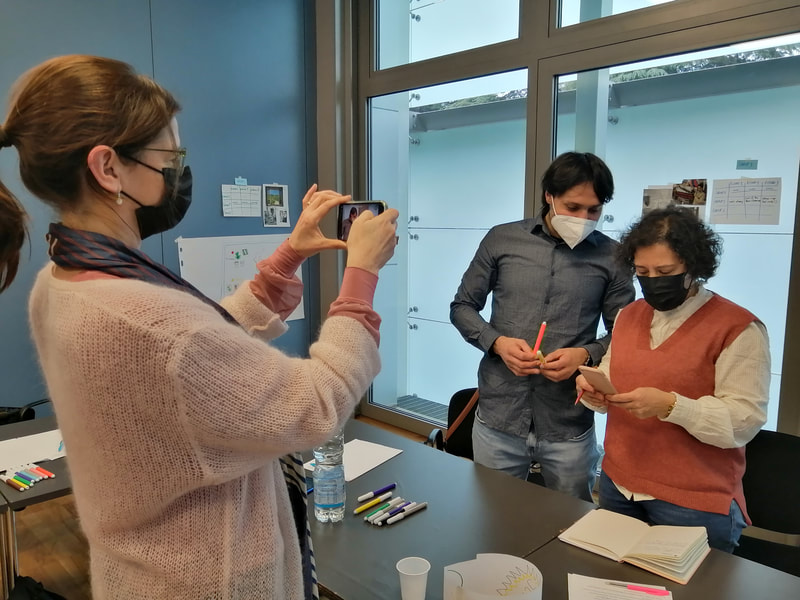
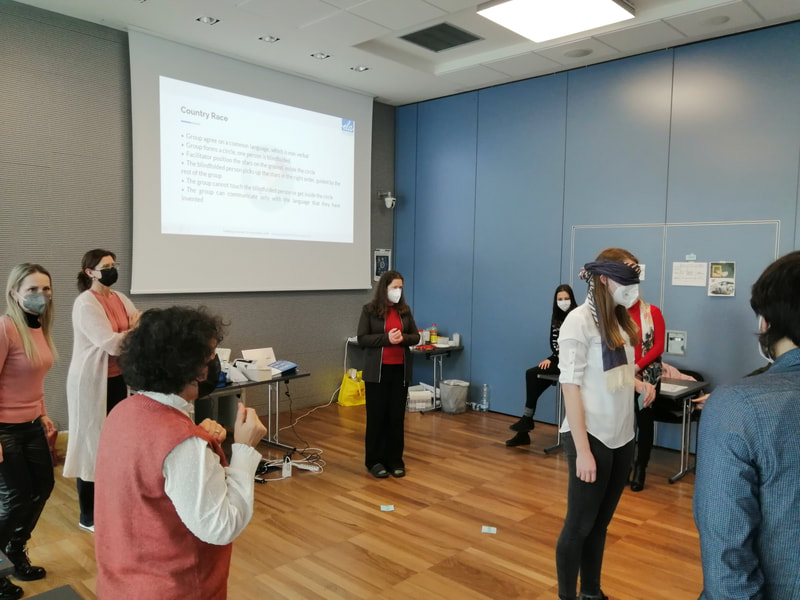
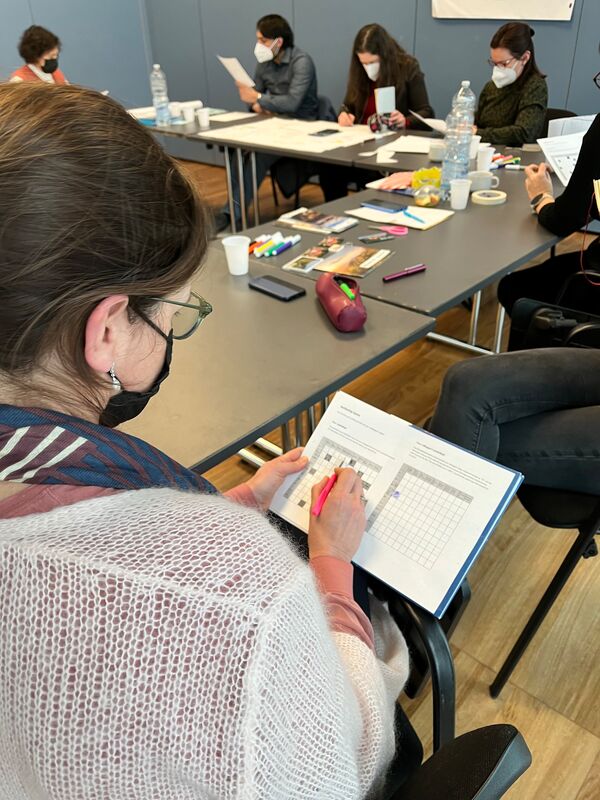
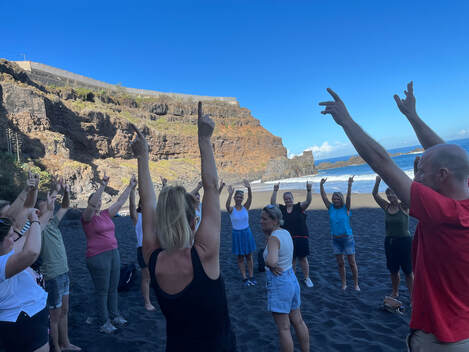
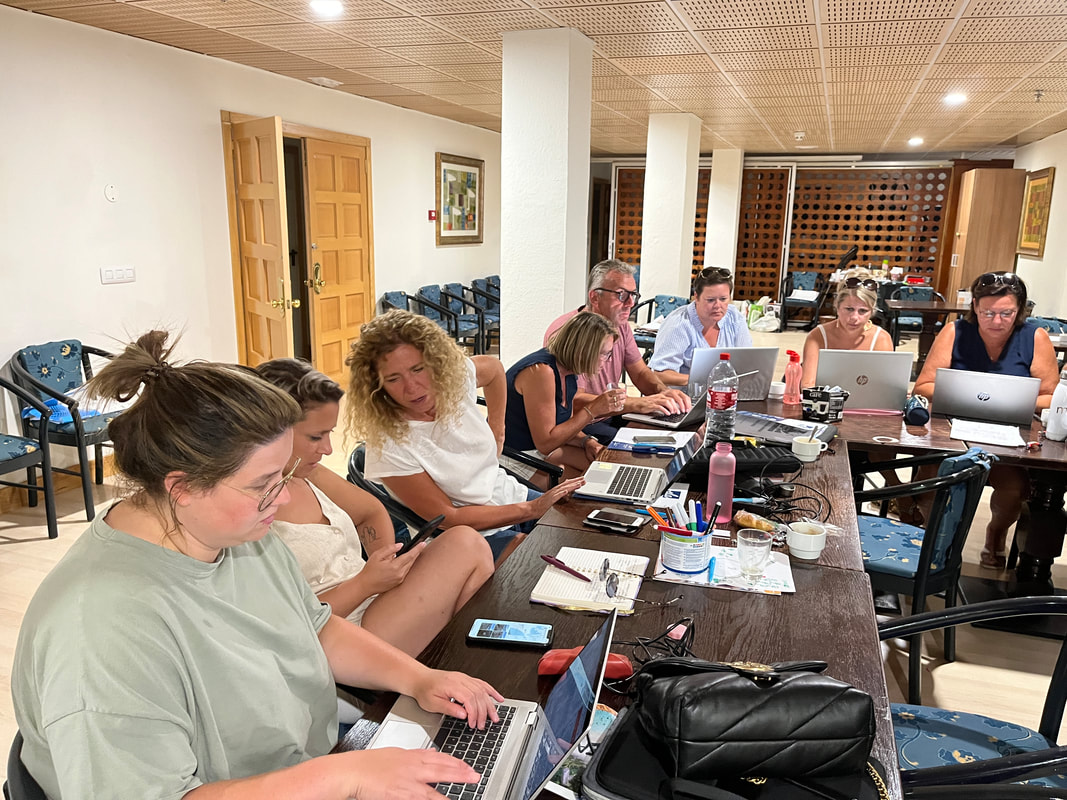
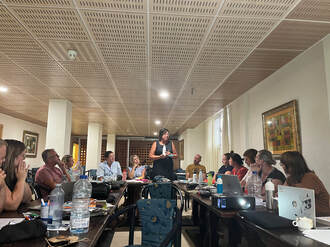
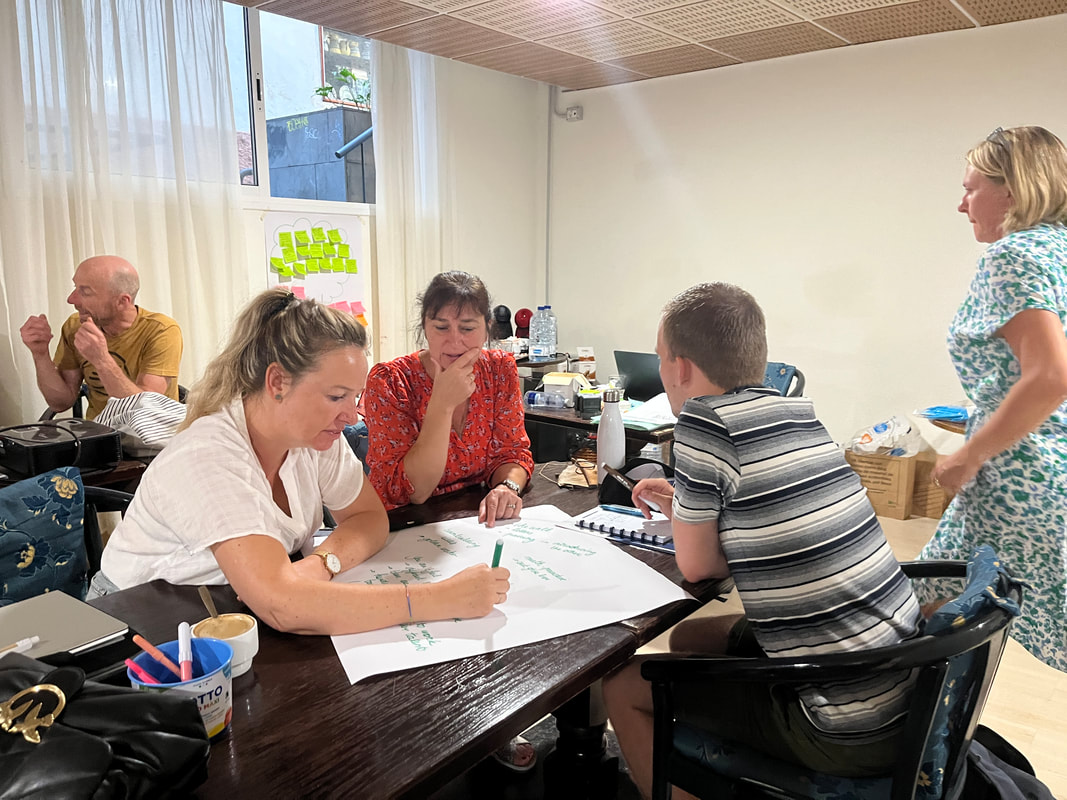
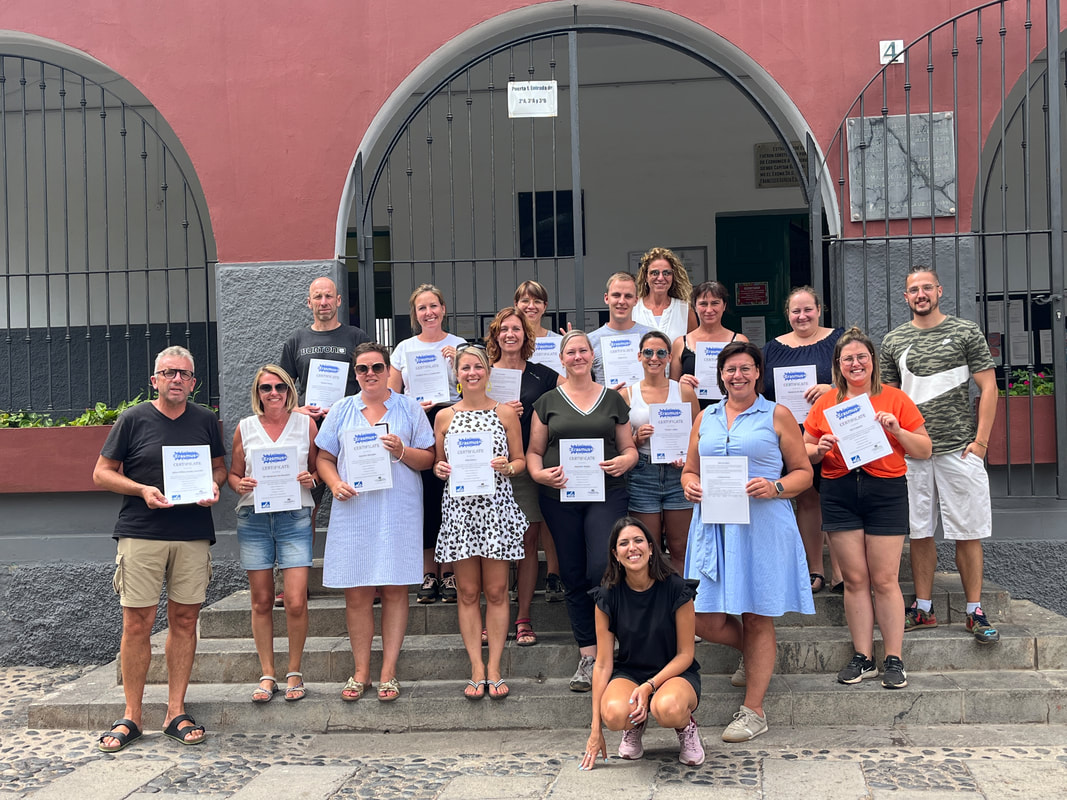
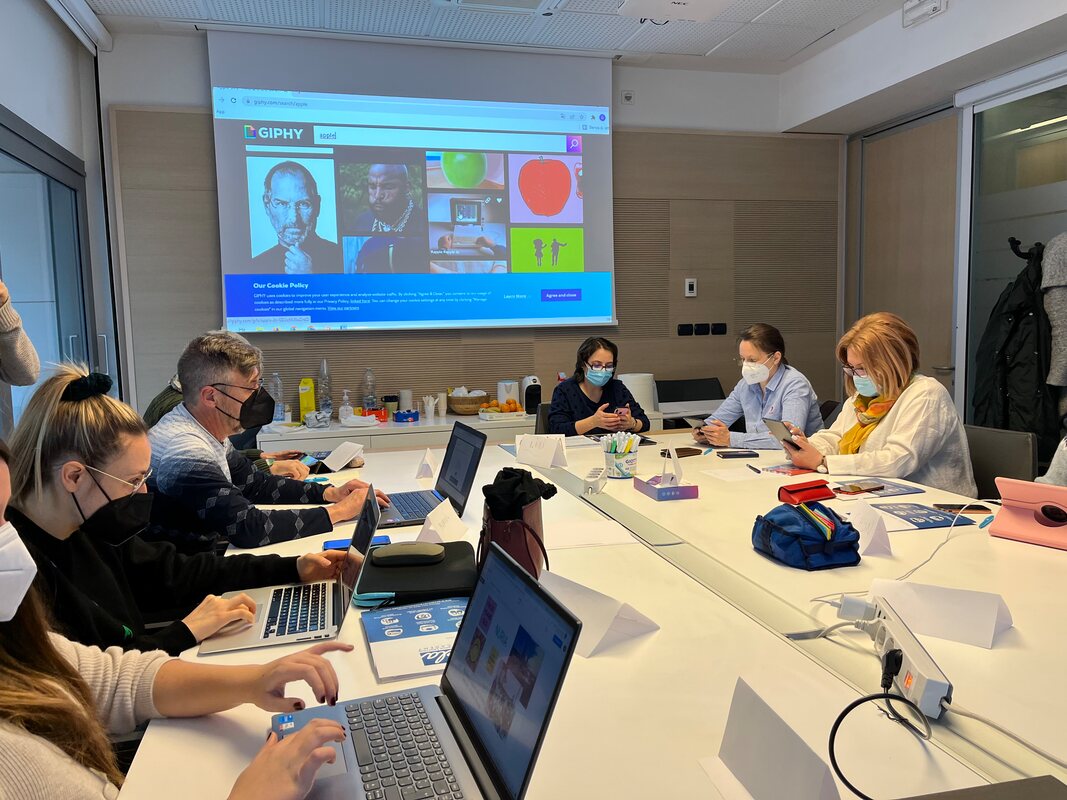
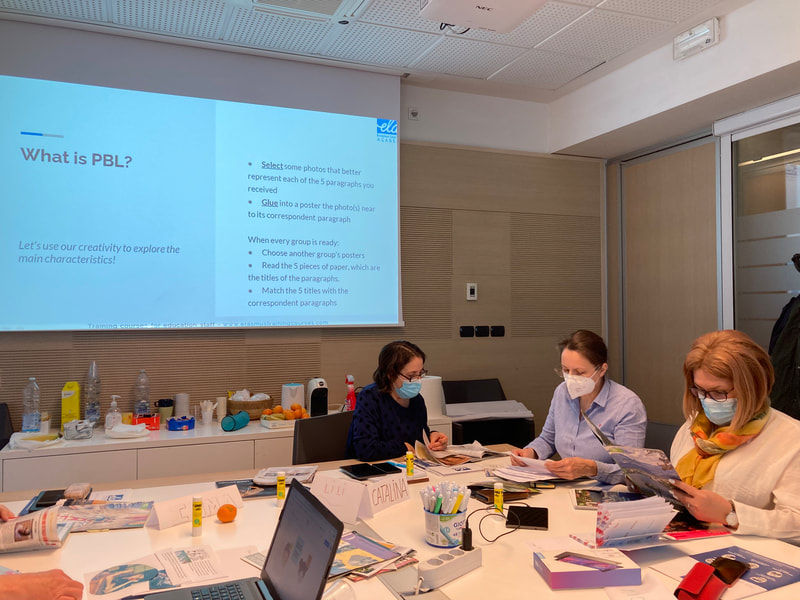
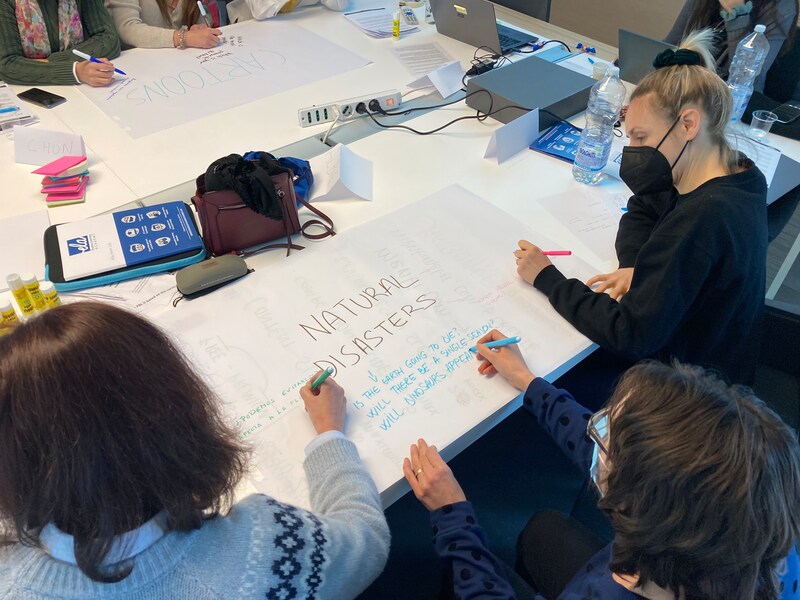
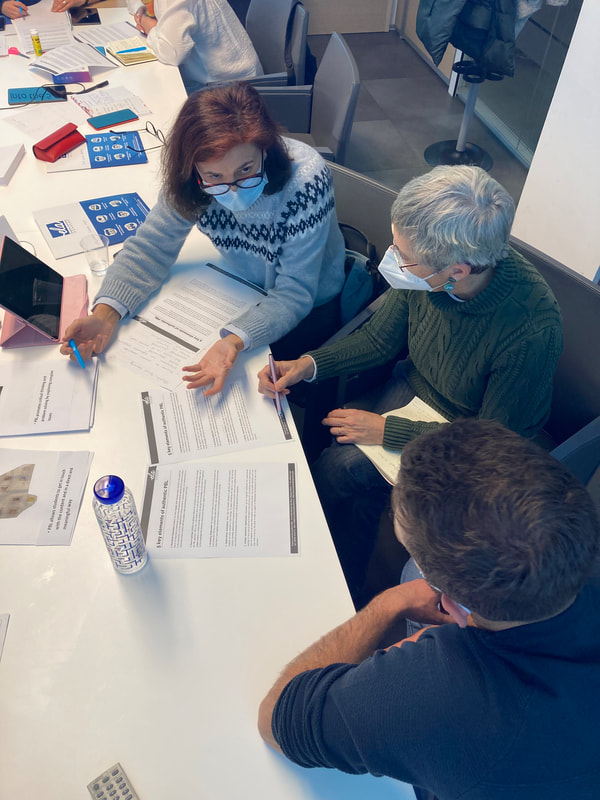
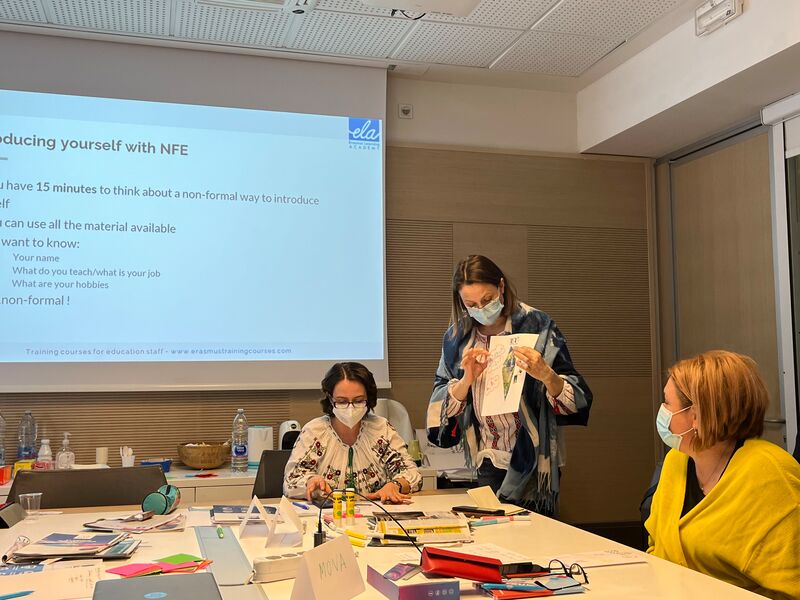
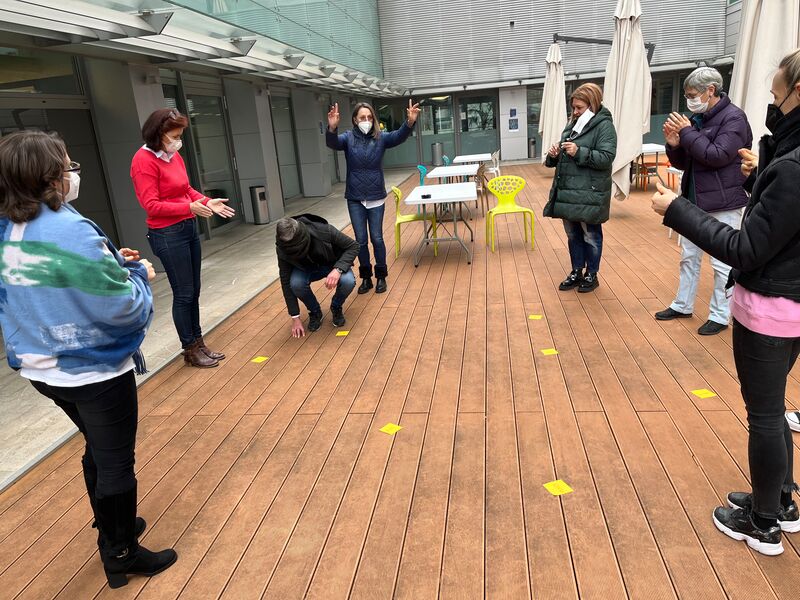
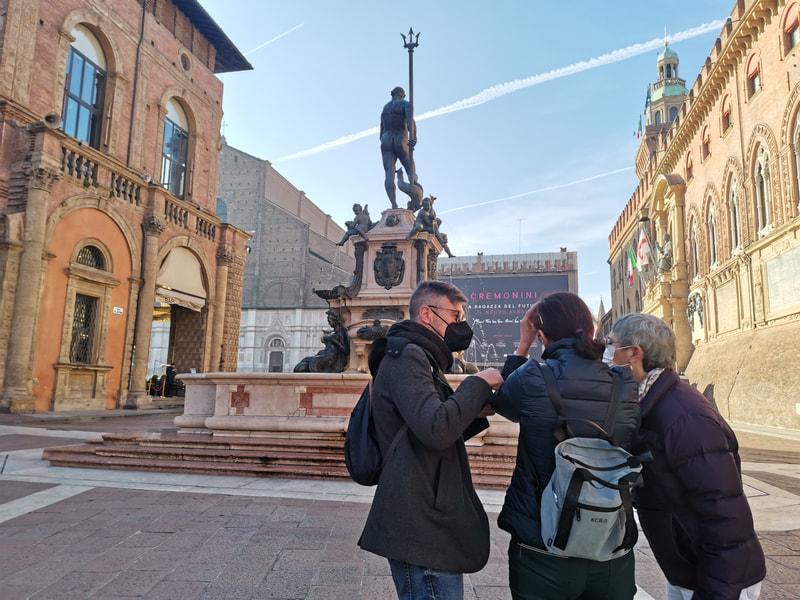
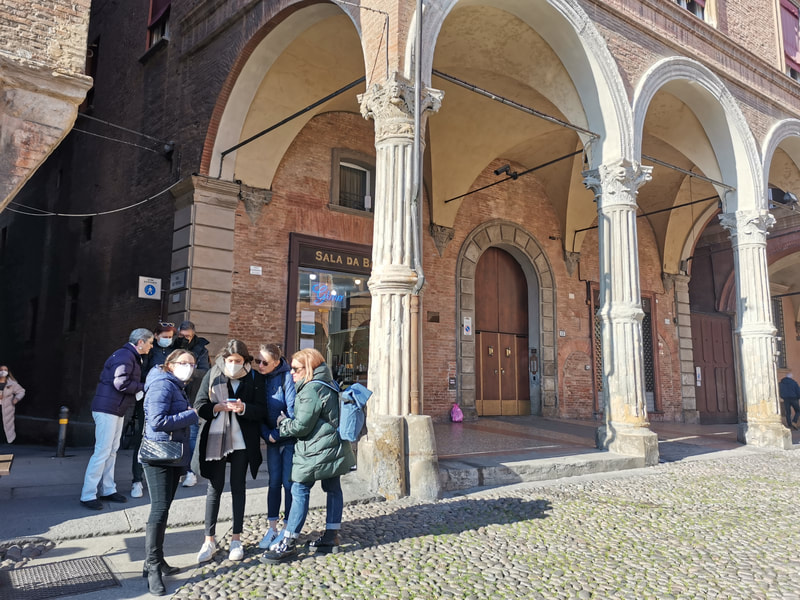
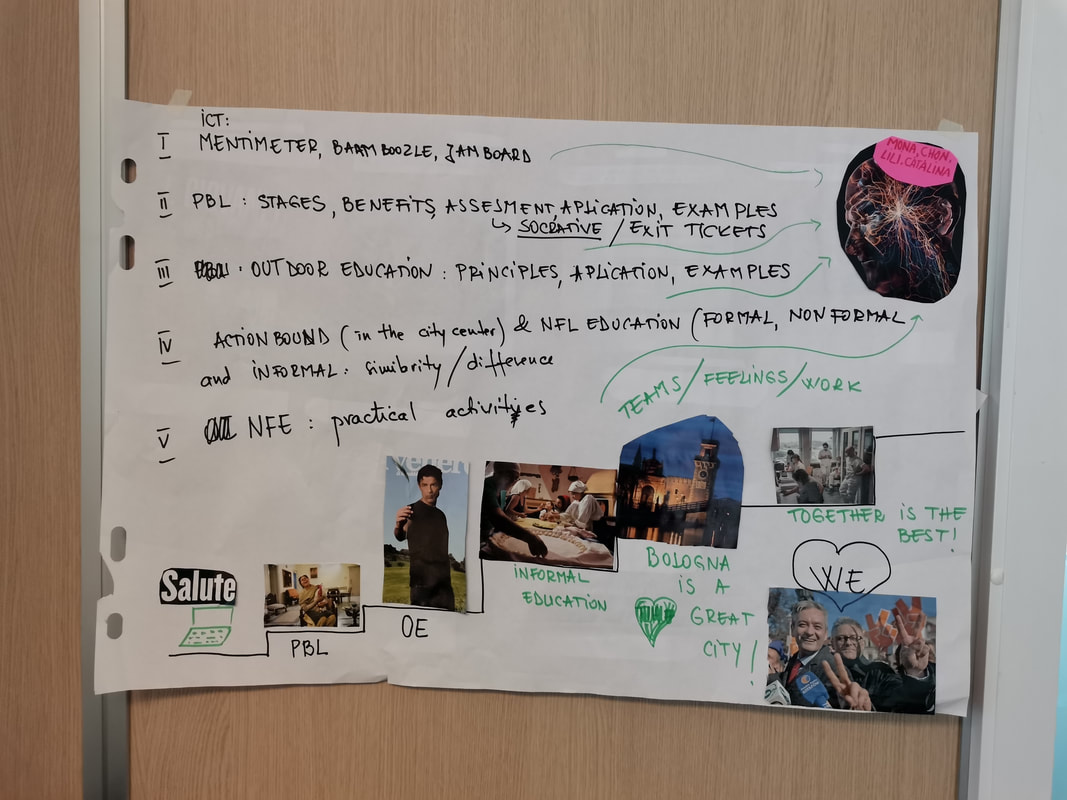
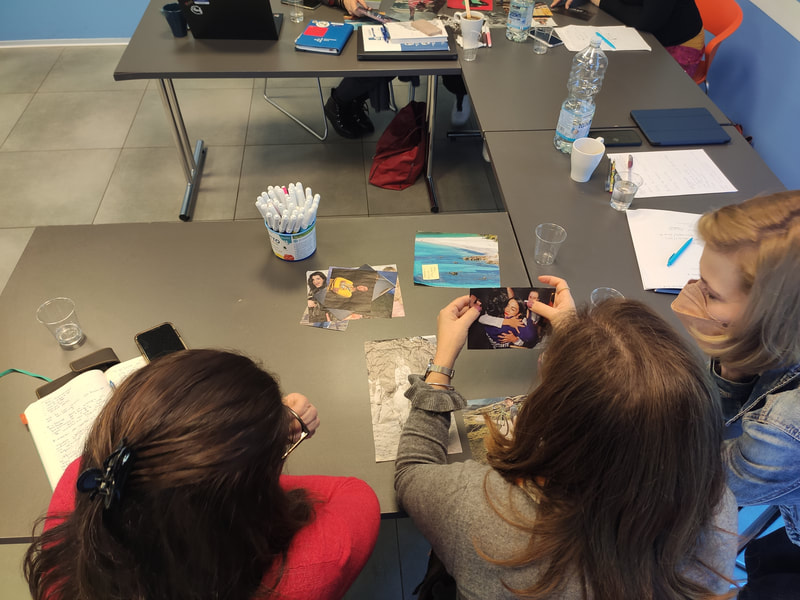
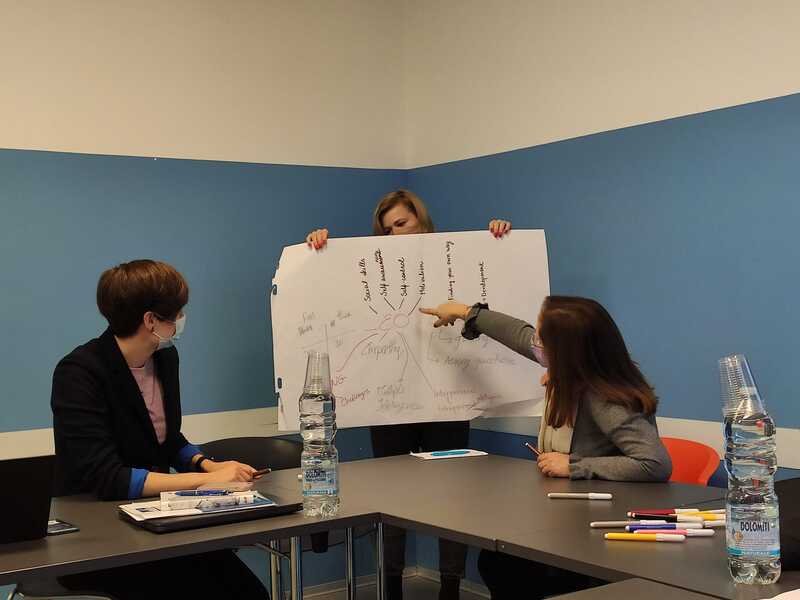
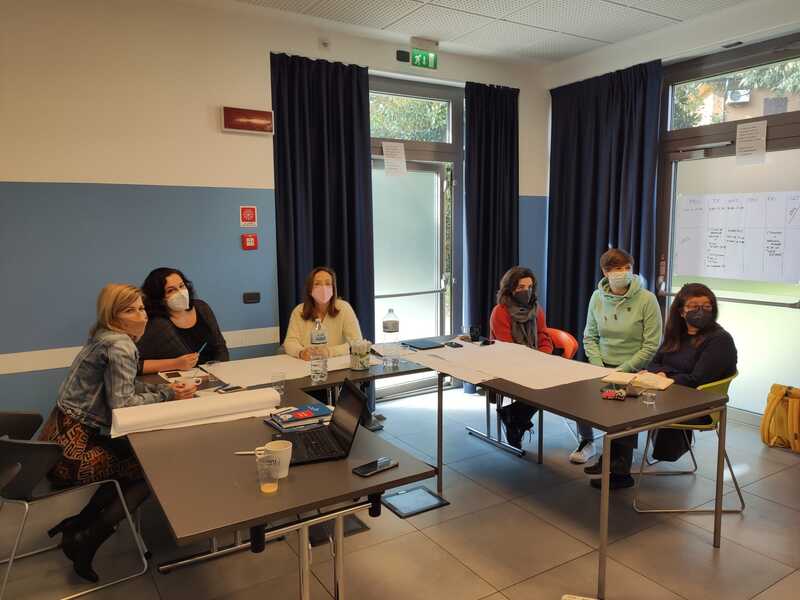
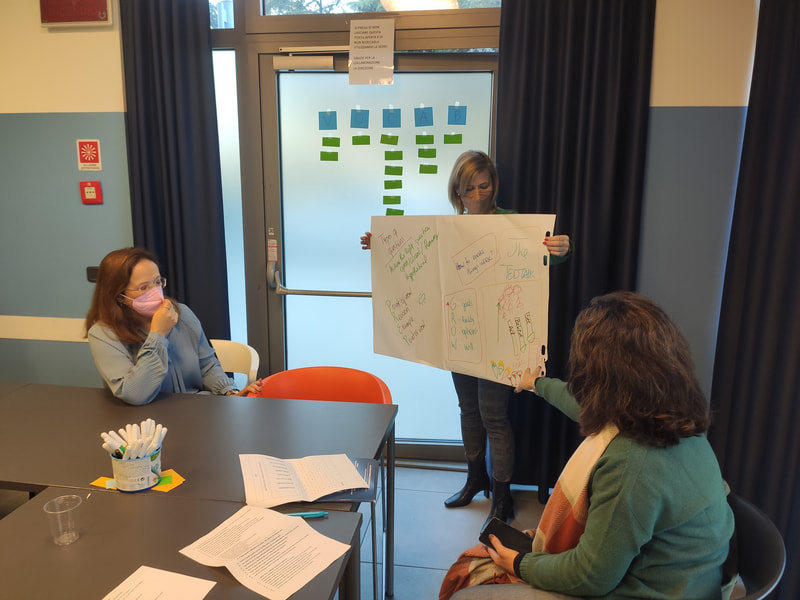
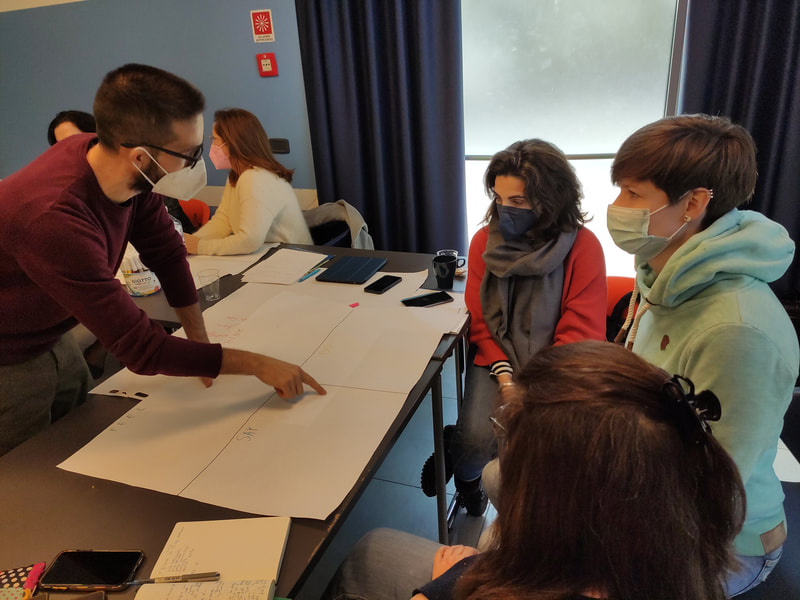
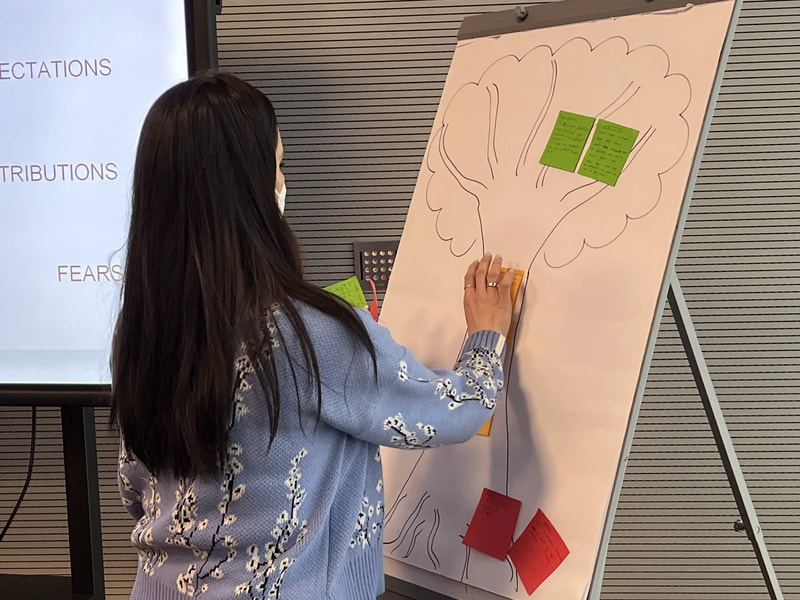
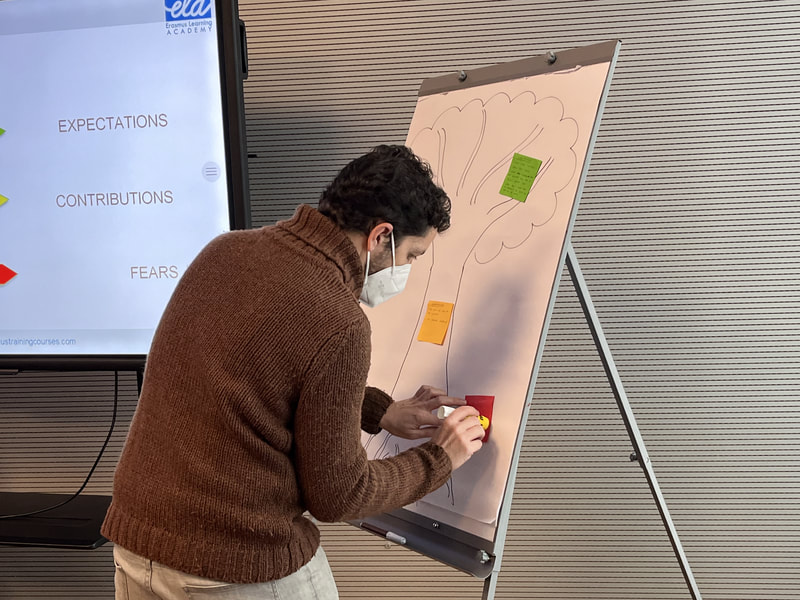
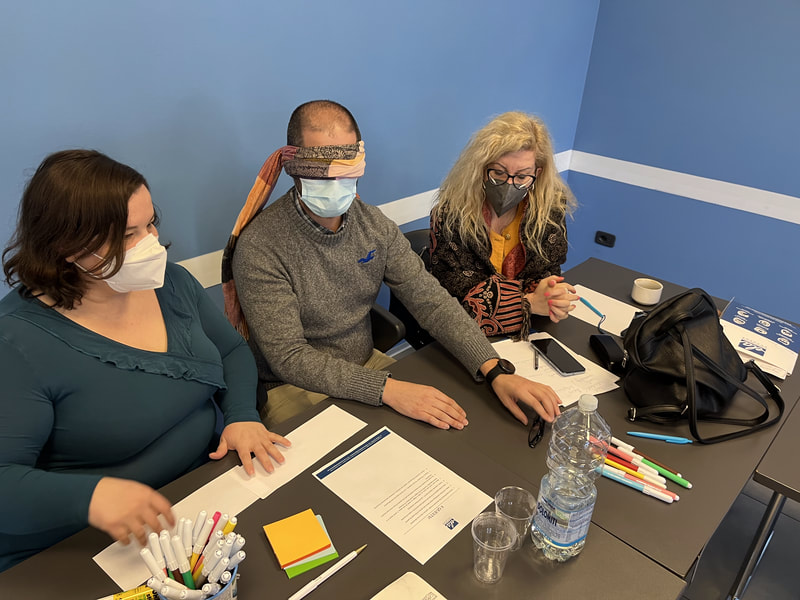
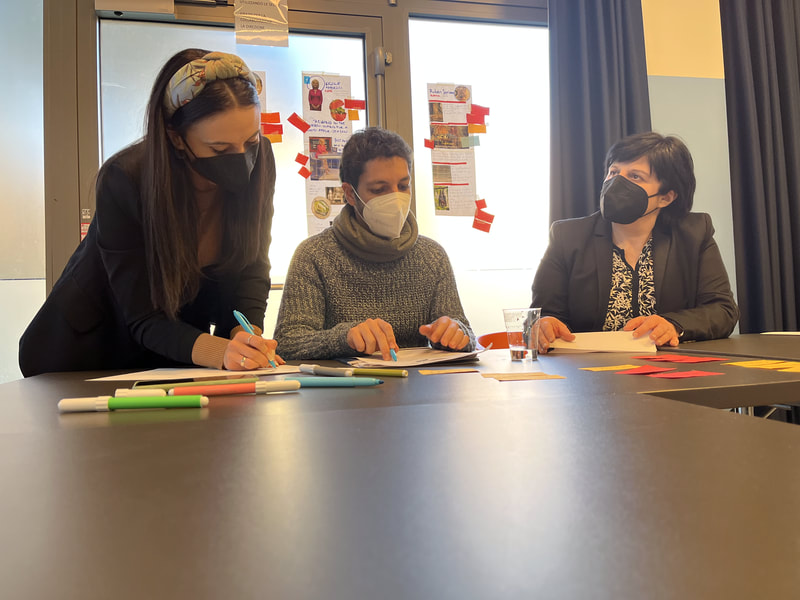
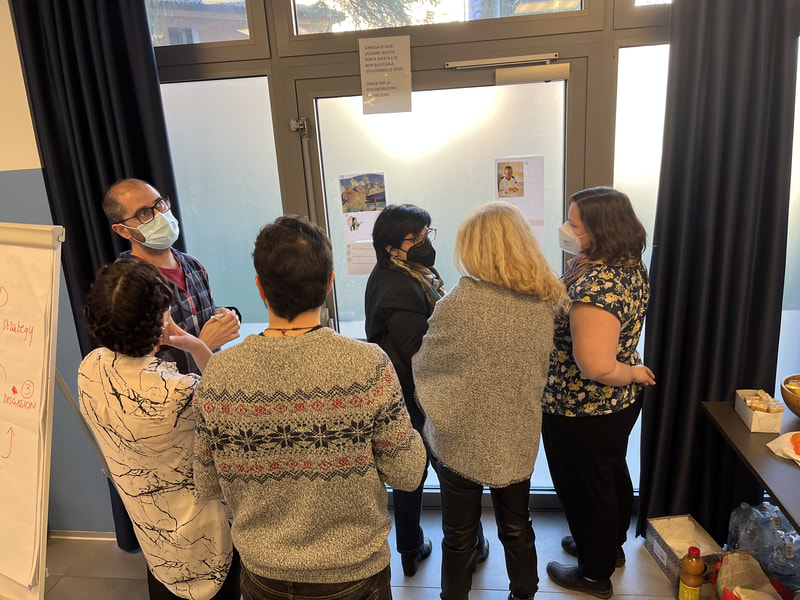
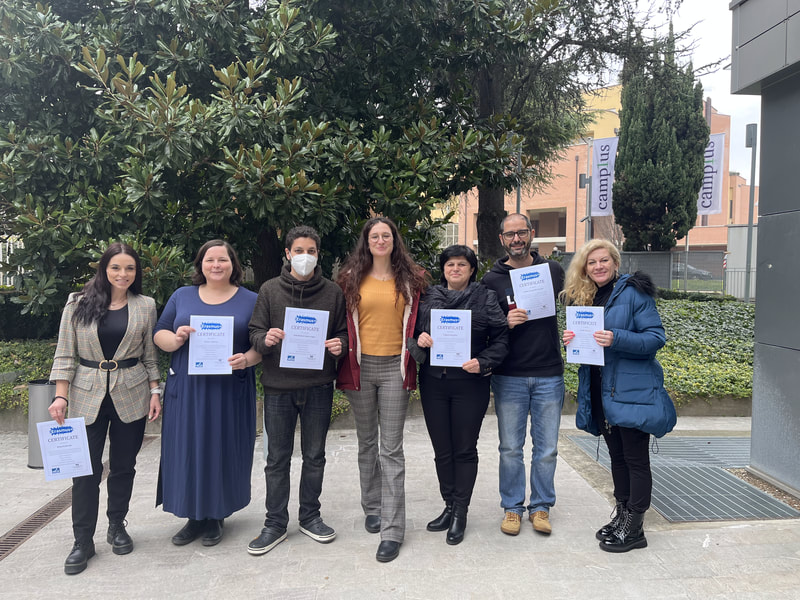
 RSS Feed
RSS Feed









